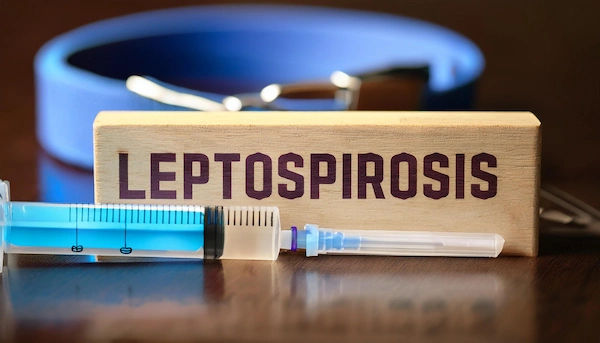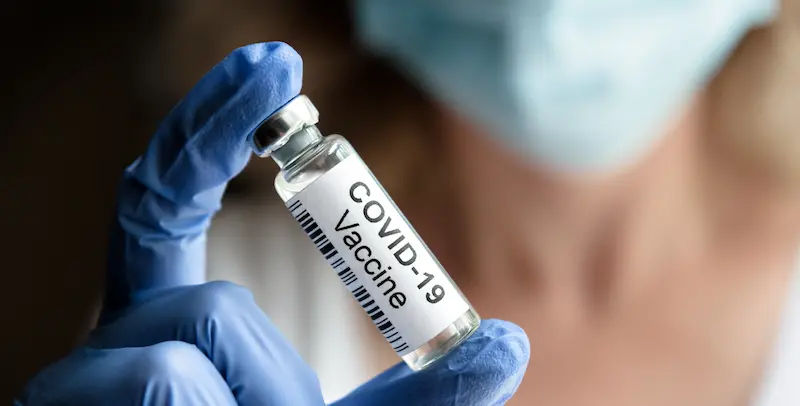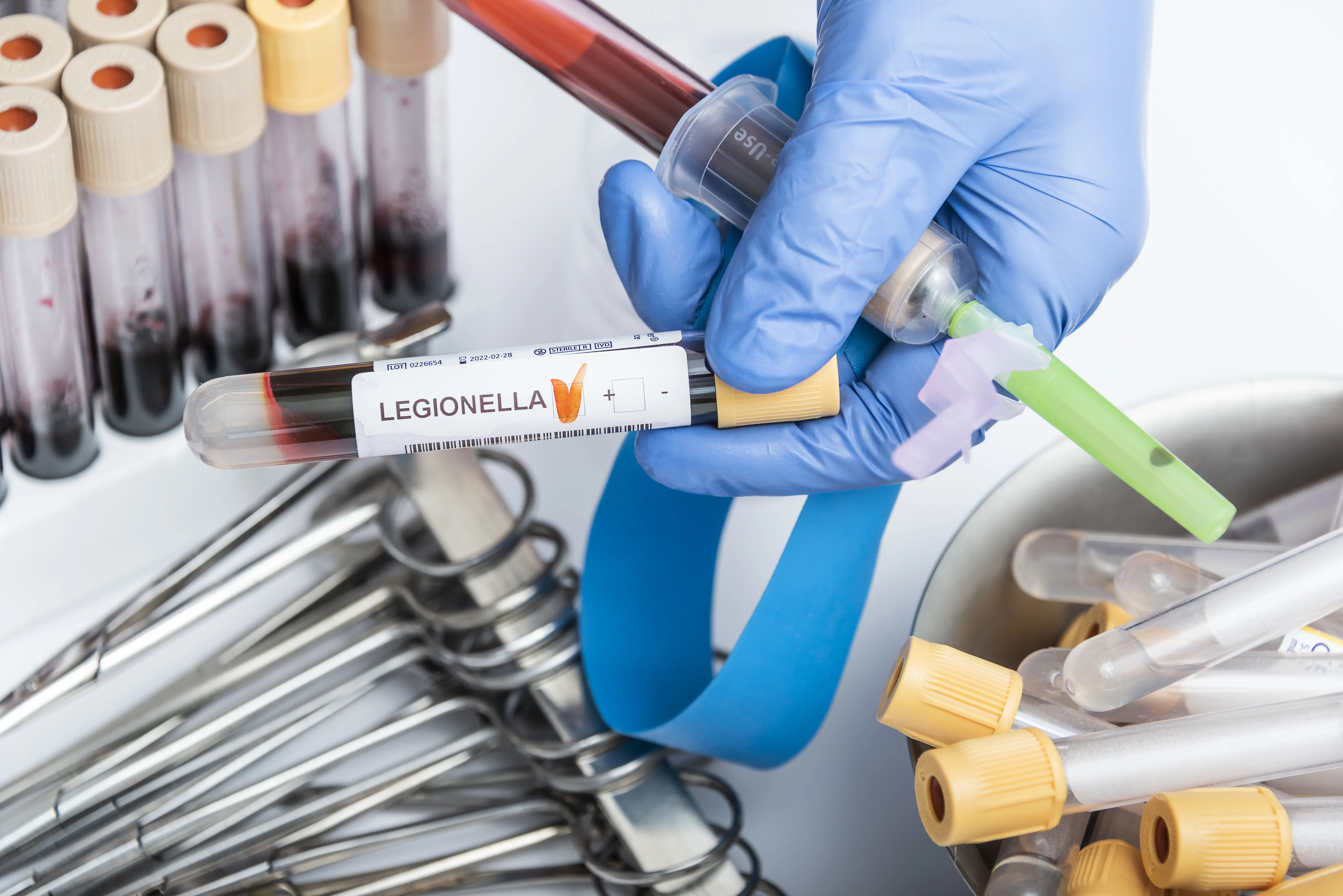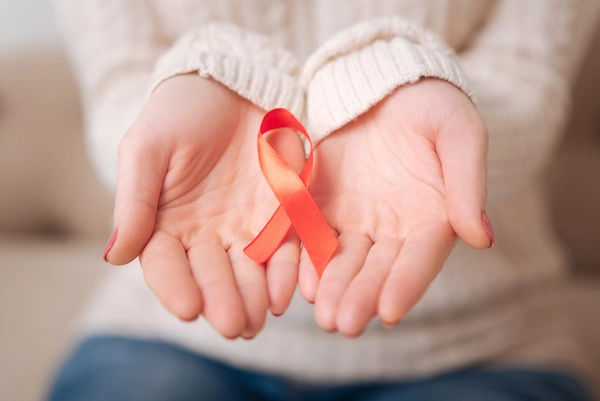- Male
- 26 Years
- 20/02/2025
Hey, I'm a bit worried and need some advice. I took an HIV 1 and 2 ECLIA antibody test on the 63rd day after potential exposure, and it was done using the Roche e411 analyzer. I'm curious about how accurate the results might be at this stage. Should I trust the results, or do I need to retest later?
Answered by 1 Apollo Doctors
kk take
Dr. Mubarak Suggests...
Consult a Infectious Disease specialist
Answered 04/07/2025
0
0


Ask Apollo
AI powered Health Chatbot
At 63 days post-exposure, an HIV 1 and 2 ECLIA antibody test using the Roche e411 analyzer is highly reliable. This test detects antibodies and possibly antigens related to HIV, and by this time frame, most individuals who have contracted HIV will test positive. However, no test is 100% definitive immediately after exposure.
-
Accuracy at 63 days: The test is considered very accurate, with a high sensitivity and specificity, meaning false negatives are rare at this stage.
-
Trusting the results: If your test is negative, it is very reassuring, but some guidelines recommend a follow-up test at 3 months (90 days) post-exposure for complete confirmation.
-
Retesting: If your initial test is negative and you have no ongoing risk, a retest at 90 days can provide additional reassurance. If positive, confirmatory testing will be done by your healthcare provider.
-
Next steps: Discuss your results with a healthcare professional who can guide you on any further testing or preventive measures.
Overall, your test at 63 days is a strong indicator of your HIV status, but a follow-up test at 90 days is often advised for absolute certainty.
Answered 20/08/2025
0
0
More Infectious Disease Health Queries
View allI'm really concerned about how quickly someone with Covid-19 can spread it to others. Like, do they start spreading the virus right after they get infected, or does it take a few days? I'm trying to figure out if there's a period where they aren't contagious. Could you shed some light on this?
they can spread immediately after you getting infected. so quarantine is done
Answered by 1 Apollo Doctors
I've got this lymph node tuberculosis on the left side of my neck, and I've been on the first line anti-tuberculosis treatment, plus Streptomycin injections, for around two months now. I've noticed that the swelling in my neck has moved from the top to the bottom. Is this normal, and what could it mean?
might be due to low immunity
Answered by 1 Apollo Doctors
I've recently had a VDRL test and it came back reactive. I also went through a VDRL in Dilation test and that was reactive too. From what I've read, this might mean syphilis. What should I do next in terms of treatment? I've attached my report for you to see. Can you help guide me on what steps I should take?
Based on your VDRL test results showing reactivity at 1:8, indicating a possible syphilis infection, the course of treatment typically involves a course of antibiotics. In this case, you will likely be prescribed Benzathine Penicillin G, administered as a single intramuscular injection at a specific dosage depending on the stage of the infection. It's important to follow your doctor's advice regarding the dosage and frequency of the medication. Regular follow-up tests may also be recommended to monitor the effectiveness of the treatment."
Answered by 1 Apollo Doctors
Disclaimer: Answers on Apollo 247 are not intended to replace your doctor advice. Always seek help of a professional doctor in case of an medical emergency or ailment.

 Is a follow-up HIV test needed at 90 days?
Is a follow-up HIV test needed at 90 days? 



